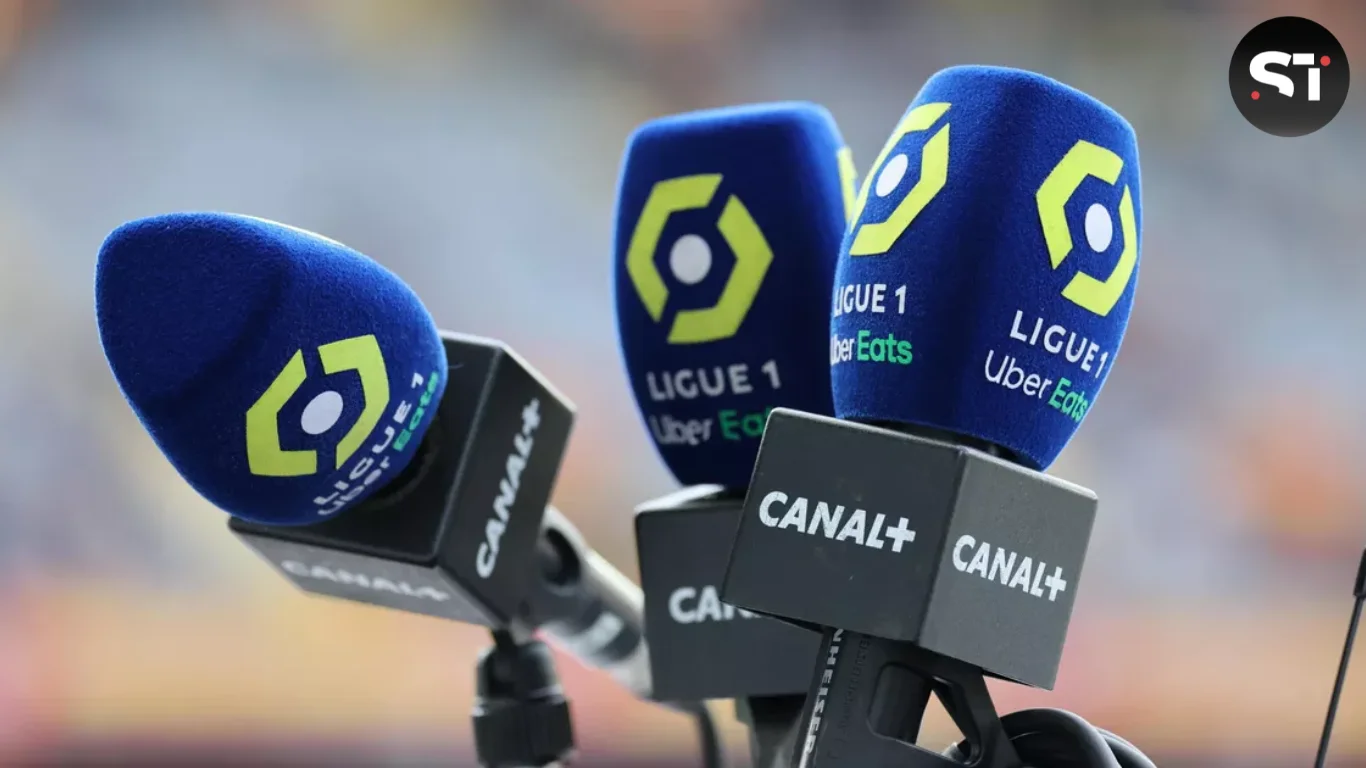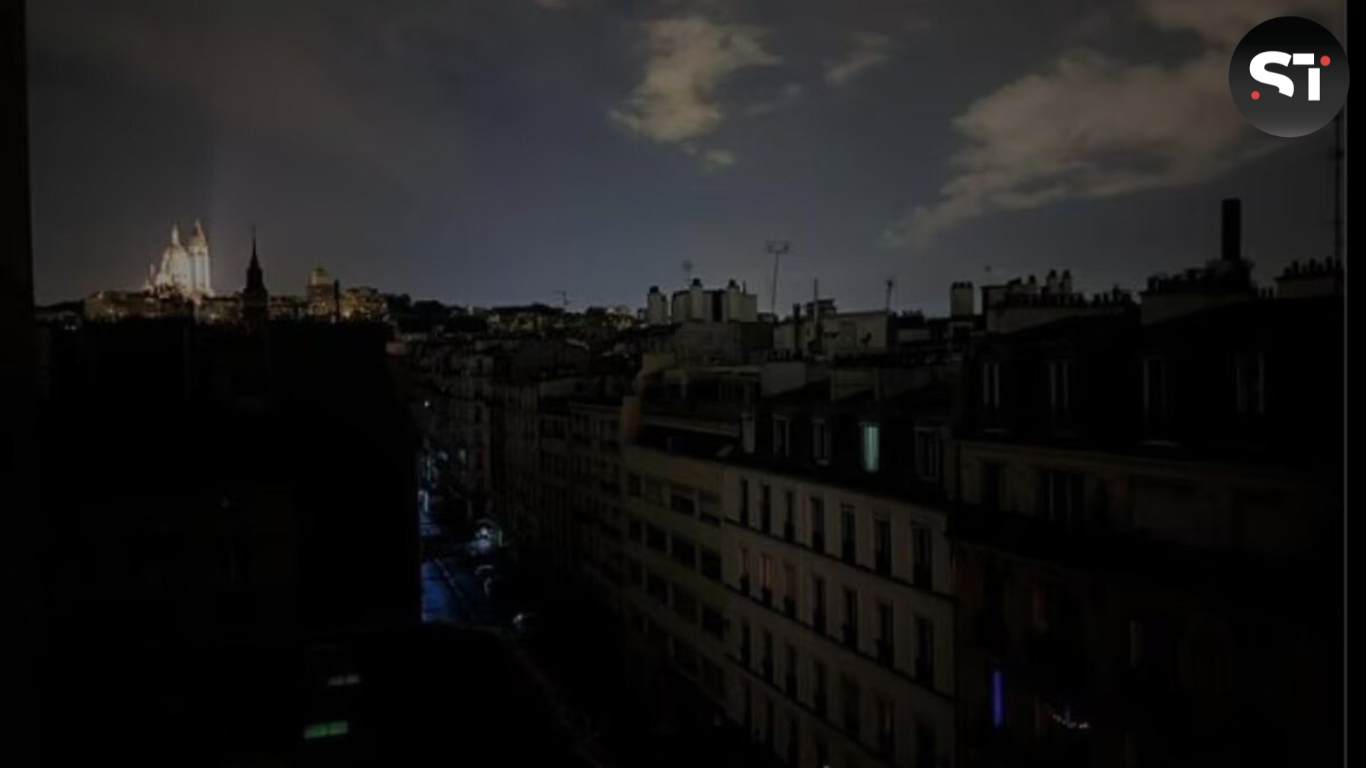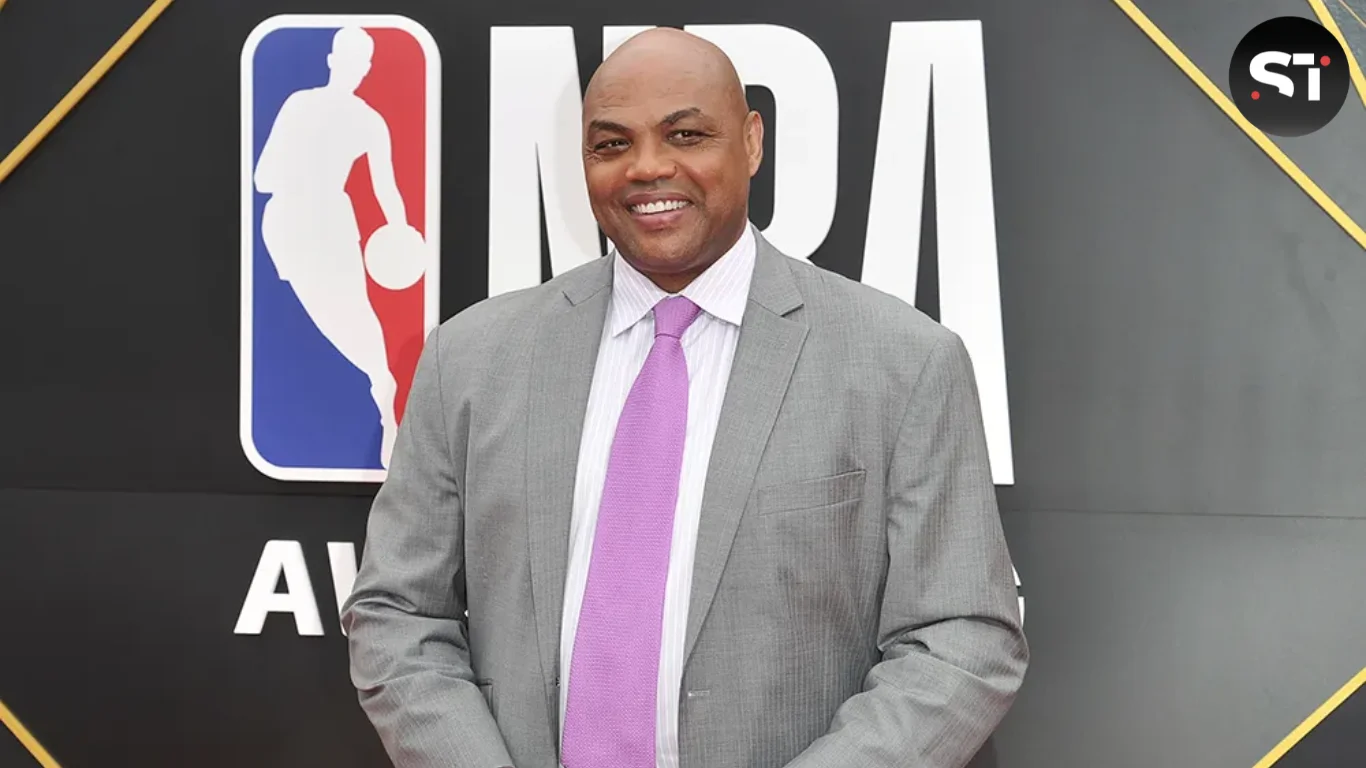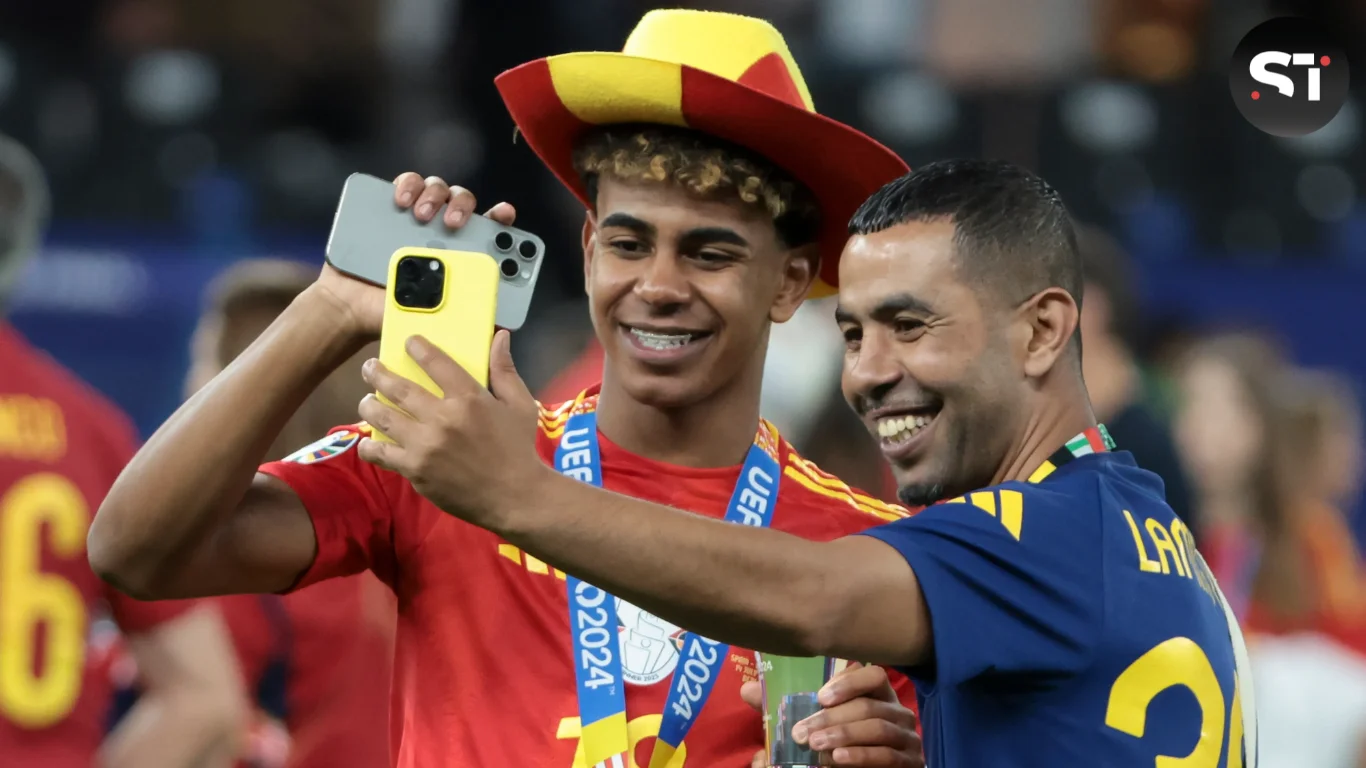In a fiery backlash against the International Olympic Committee’s (IOC) decision to largely ban Russian athletes from the Paris Olympics, Kremlin-backed media outlets have unleashed a torrent of vitriol, branding the games “the Olympics of Hell.”
The decision, a direct consequence of Russia’s ongoing invasion of Ukraine. It has ignited a fresh wave of animosity between Moscow and the West. The IOC’s stance, while aimed at condemning Russia’s aggression, has been met with defiant defiance from the Kremlin.
Also, Russian state media has been quick to paint the country as a victim of Western bullying, with commentators accusing the IOC of succumbing to political pressure. The ban, they claim, is a blatant attempt to undermine Russia’s sporting prowess and deny its athletes the global stage.
“This is not about sportsmanship, this is about politics,” thundered a prominent state-run television host, their voice laced with indignation. “They fear our strength, our spirit. They want to silence us.”
The Kremlin has echoed these sentiments, with a spokesperson dismissing the IOC’s decision as “unjust and discriminatory.“ Furthermore, The ban, they argue, is a collective punishment of innocent athletes who have trained tirelessly for their Olympic dreams.
While the IOC has maintained that the decision was made in the interest of protecting the integrity of the Games. The backlash from Russia is likely to intensify. With the Paris Olympics looming, the specter of political tensions overshadowing the sporting event is a growing concern.
As the world watches, the stage is set for a dramatic showdown between Russia and the international community. Also, the coming months promise to be a high-stakes battle, with the Olympics serving as a backdrop for a broader geopolitical conflict.
Moreover, whether this will escalate into a full-blown diplomatic crisis remains to be seen. But one thing is clear: the shadow of war has cast a long and dark spell over the world of sports.







